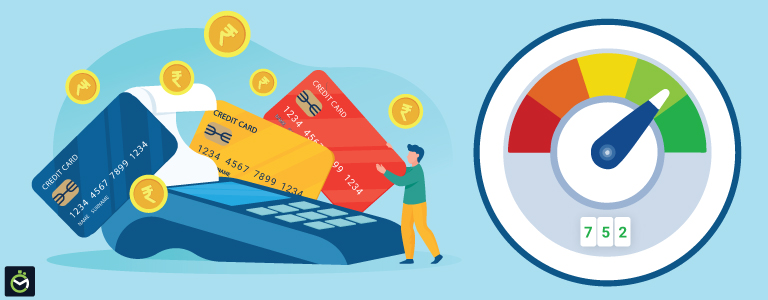
A good credit score is an important financial tool. That number is used by lenders, landlords, and even some employers to gauge your reliability and how well you manage debt. But what exactly is a credit score, and how can you improve it to gain financial stability? Let's break it down.
What is a Credit Score?
Your credit score tells you how creditworthy you are on a scale from 300 to 850. This number is based on factors like your payment history, the amount of debt you have, the length of your credit history, types of credit accounts, and recent inquiries into your credit report. A better score typically means you can get loans or credit cards with lower interest rates.
The following are common ranges for credit scores:
- 300-579: Bad credit – You may have trouble getting credit or loans.
- 580-669: Fair credit – You might still qualify for loans, but the interest rates will be higher.
- 670-739: Good credit – This is where most people fall, and you can expect competitive rates.
- 740 and above: Excellent credit – You’ll get better credit cards, loans, and interest rates.
What Factors Affect Your Credit Score?
Five factors determine your credit score. Understanding them is the first step toward improving it:
- Payment History (35%): This is the largest factor. Your score reflects whether you make payments on time. Late payments, defaults, and bankruptcies can lower your score.
- Credit Utilization (30%): This shows how much of your available credit you're using. It’s best to use no more than 30% of your credit limit—using too much credit can signal overreliance.
- Length of Credit History (15%): Longer credit histories are better, as they show you have experience managing credit.
- Types of Credit Accounts (10%): This includes credit cards, loans, and mortgages.
- New Credit Inquiries (10%): Every time you apply for new credit, an inquiry is made. Too many inquiries in a short period can suggest financial distress and harm your score.
How to Improve Your Credit Score
A good credit score is achievable, but it takes time, effort, and planning. Here are steps to improve your score:
1. Pay Your Bills On Time
Late payments send red flags to creditors. Set reminders or automate your payments to ensure bills are paid on time each month. If you’ve missed payments, catch up and bring your accounts current as soon as possible.
2. Slash Credit Card Balances
Lower your credit utilization by paying off credit card balances. Avoid interest charges by paying off the full balance each month, and aim to keep your credit utilization below 30%.
3. Check Your Credit Report for Errors
Errors on your credit report can lower your score. Once a year, request a free credit report from each of the three major credit bureaus—Equifax, Experian, and TransUnion. Dispute any mistakes you find to have them corrected.
4. Do Not Open New Credit Accounts
Every credit application results in an inquiry, which can slightly lower your score. Opening multiple accounts at once also reduces the average age of your credit history, which harms your score.
5. Keep Older Accounts Open
The length of your credit history matters. Don't close old accounts unless absolutely necessary. Keeping them open could improve your score over time.
6. Look Into a Secured Credit Card
If you're just starting to build credit or have bad credit, a secured credit card might be a good option. It requires a deposit, but responsible use can help you build or rebuild your credit.
7. Negotiate with Creditors
If you're behind on payments or struggling with finances, contact your creditors. Some may offer lower interest rates or work out a payment plan with you.
Why Good Credit Scores Matter
A better credit score opens up more financial opportunities. With an excellent score, you can secure loans at lower interest rates, saving money over time. A good credit score can also make it easier to rent an apartment, get lower insurance rates, or even land a job that requires a credit check.
Conclusion
A good credit score doesn’t improve overnight, but it’s definitely achievable with patience and effort. By understanding the factors that impact your score and following the steps above, you can work toward financial health. Good credit means more financial freedom and greater opportunities for success.